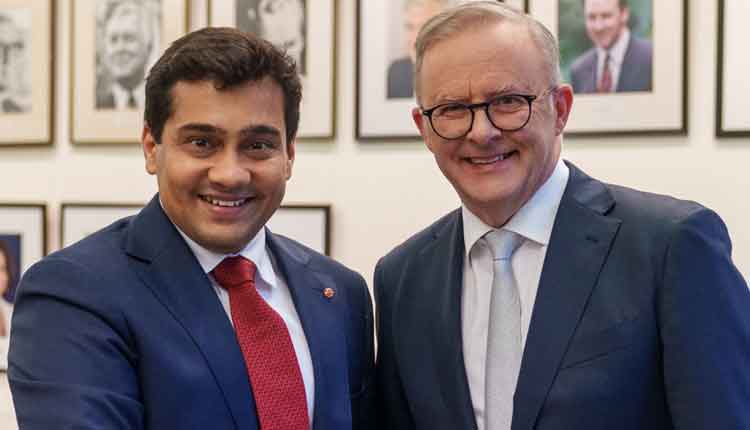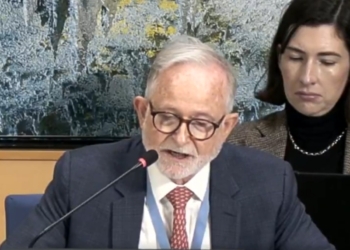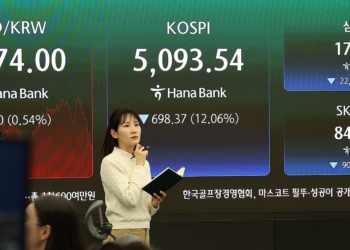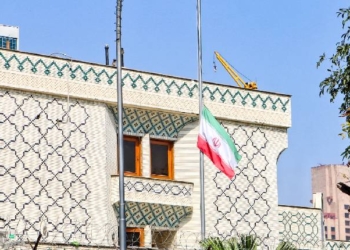Melbourne: Indian-origin barrister Varun Ghosh has become the first-ever Australian Senator to take the oath of office on the Bhagavad Gita.
The 38-year-old took his position in the Australian Senate with the Labour Party officially confirming him as their pick to represent Western Australia (WA), replacing present senator Patrick Dodson.
Welcoming Ghosh in his new role, Penny Wong, Minister for Foreign Affairs and South Australia senator wrote on X: “Senator Ghosh is the first ever Australian Senator sworn in on the Bhagavad Gita. I have often said, when you’re the first at something, you’ve got to make sure you’re not the last”.
Prime Minister Anthony Albanese said Ghosh, a barrister at Francis Burt Chambers, will be a “great voice” for WA.
“I was so pleased to support your candidacy and I say this as well, you’ve got big shoes to fill,” Albanese was quoted as saying in The Sydney Morning Herald.
The PM earlier wrote on X: “Welcome Varun Ghosh, our newest Senator from Western Australia. Fantastic to have you on the team”.
Ghosh is the second Indian-origin Australian in the Senate after Dave Sharma who was sworn in as a senator for New South Wales (NSW) in December.
Ghosh, who joined the Labor party in Perth at the age of 17 after his parents moved from India in the 1980s, said his preselection was an honour he won’t take for granted.
“I have had the privilege of a good education and believe strongly that high-quality education and training should be available to everyone,” he said in a statement issued earlier.
At the 2019 federal election, Ghosh was placed in fifth position on the Australian Labour Party’s Senate ticket in Western Australia but was not elected.
He received degrees in Arts and Law from the University of Western Australia and was a Commonwealth Scholar in Law at the University of Cambridge.
He previously worked as a finance attorney in New York and as a consultant for the World Bank in Washington, DC.
Ghosh returned to Australia in 2015 as a senior associate with King & Wood Mallesons, representing banks, resource companies, and construction companies in dispute resolution.
(IANS)
















